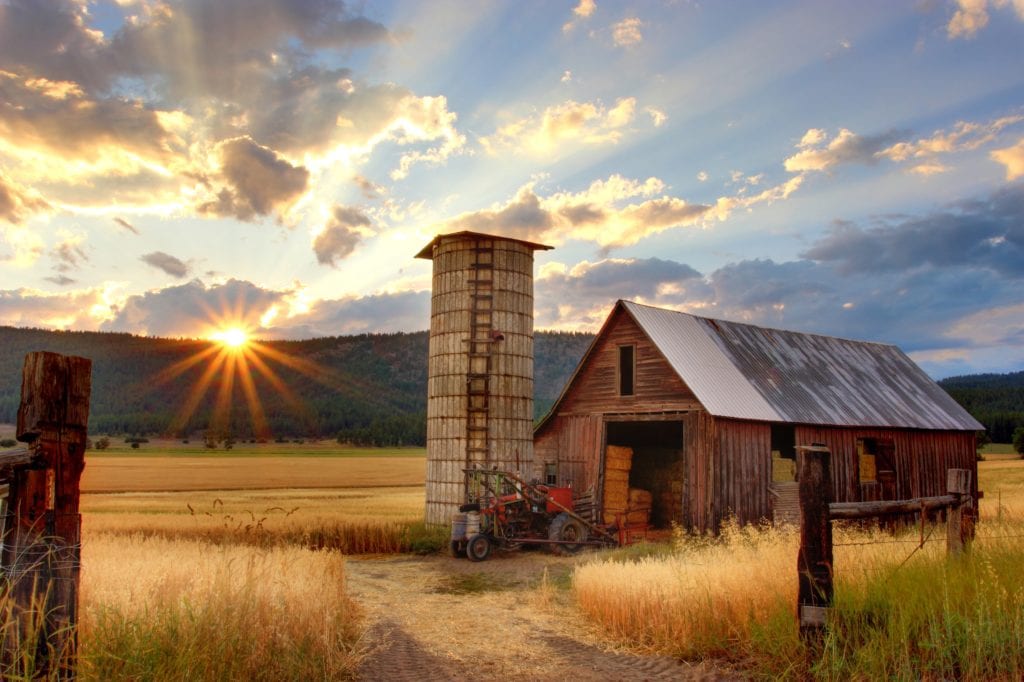“Forgotten Farms” examines class divisions in New England agriculture
Catch the free film screening next Tuesday at the Brattle Theatre in Cambridge.

The local food system in Massachusetts, which includes city farmers markets, food co-ops and other consumer supported agriculture (CSA) programs, has increased access to fresh and healthy food in urban areas, particularly in Boston.
Now that Governor Charlie Baker has approved $4 million in funding in the FY19 state budget to continue the Healthy Incentives Program, which provides a dollar-for-dollar match in SNAP money spent at participating farmers markets, low-income families also have improved access to fresh fruits and vegetables.
The filmmakers of the documentary “Forgotten Farms” however, argue that this new local food movement ignores conventional, rural New England farmers and continues to perpetuate disproportionate food accessibility because the majority of people who can afford organic vegetables and artisanal foods are elite populations.
Cabot, a dairy product cooperative of farming families across New England and New York, in partnership with Sustainable Business Network and the Massachusetts Department of Agricultural Resources, is presenting a free screening of “Forgotten Farms” on Aug. 7 followed by a question and answer session with the film’s directors.
The film examines New England’s diminishing dairy farm industry and how conventional farmers can close the divide with new boutique farmers to increase food access for all.
The only question is, although urban versus rural food systems are looked at in the film, are racial divisions in New England’s food system also investigated? You might have to attend the screening to see.






